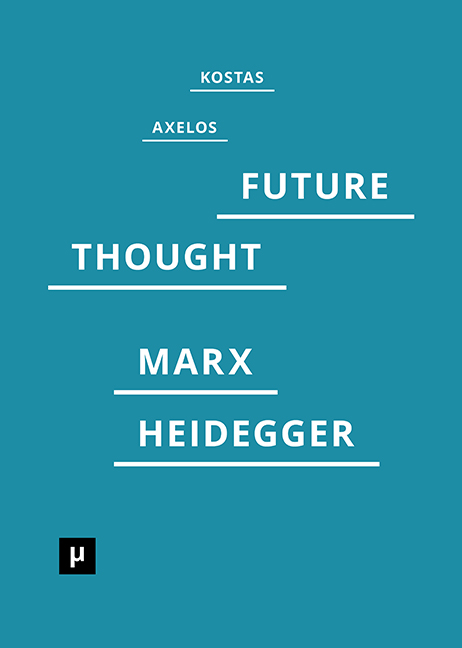Keller Easterling: Extrastatecraft: The Power of Infrastructure Space (2014)
Filed under book | Tags: · activism, architecture, city, design, economics, globalisation, governance, infrastructure, power, resistance, software, space

“Extrastatecraft controls everyday life in the city: it’s the key to power – and resistance – in the twenty-first century.
Infrastructure is not only the underground pipes and cables controlling our cities. It also determines the hidden rules that structure the spaces all around us – free trade zones, smart cities, suburbs, and shopping malls. Extrastatecraft charts the emergent new powers controlling this space and shows how they extend beyond the reach of government.
Keller Easterling explores areas of infrastructure with the greatest impact on our world – examining everything from standards for the thinness of credit cards to the urbanism of mobile telephony, the world’s largest shared platform, to the “free zone,” the most virulent new world city paradigm. In conclusion, she proposes some unexpected techniques for resisting power in the modern world.”
Publisher Verso, 2014
ISBN 1781685878, 9781781685877
252 pages
Reviews: Self (AR 2014), Wark (2014), Garrett (Antipode 2015), Chan (Art Papers 2015), Owens (Icon 2015), Coggan (Oculus 2015), Harwood (Artforum 2015), Barber (CAA 2018).
PDF (added on 2019-7-8)
EPUB, EPUB (3 MB, updated on 2019-7-8)
Kostas Axelos: Introduction to a Future Way of Thought: On Marx and Heidegger (1966/2015)
Filed under book | Tags: · earth, labour, philosophy, philosophy of technology, production, technology

“‘Technologists only change the world in various ways in generalized indifference; the point is to think the world and interpret the changes in its unfathomability, to perceive and experience the difference binding being to the nothing.’
Anticipating the age of planetary technology Kostas Axelos, a Greek-French philosopher, approaches the technological question in this book, first published in 1966, by connecting the thought of Karl Marx and Martin Heidegger. Marx famously declared that philosophers had only interpreted the world, but the point was to change it. Heidegger on his part stressed that our modern malaise was due to the forgetting of being, for which he thought technological questions were central. Following from his study of Marx as a thinker of technology, and foreseeing debates about globalization, Axelos recognizes that technology now determines the world. Providing an introduction to some of his major themes, including the play of the world, Axelos asks if planetary technology requires a new, a future way of thought which in itself is planetary.”
First published as Einführung in ein künftiges Denken: Über Marx und Heidegger, Niemeyer, Tübingen, 1966.
Edited and with an Introduction by Stuart Elden
Translated by Kenneth Mills
Publisher meson press, Lüneburg, June 2015
Creative Commons BY-NC-ND 4.0 License
ISBN 9783957960061
178 pages
Review: George Tomlinson (Marx & Philosophy 2016).
Comment (1)Colin Rowe, Fred Koetter: Collage City (1978–) [EN, DE, ES]
Filed under book | Tags: · architecture, bricolage, city, collage, modernism, postmodernism, theory, urban design, urban planning, urbanism, utopia

“A theoretical treatise that sets out various analyses of urban form in a number of existing cities known to be aesthetically successful, examining their actually existing urban structure as found, revealing it to be the end product of a ceaseless process of fragmentation, the collision / superimposition / contamination of many diverse ideas imposed on it by successive generations, each with its own idea.”
A major thesis on urban interaction which first introduced the concept of “bricolage” to urban theory.
Publisher MIT Press, 1978
ISBN 0262180863, 9780262180863
186 pages
Commentary: ANY 7-8, dedicated to Rowe’s work (ed. Robert Somol, 1994), K. Michael Hays (Architecture Theory Since 1968, 1998), Joan Ockman (Journal of the Society of Architectural Historians, 1998), Anthony Vidler (Architectural Review, 2011).
Review: Ed Cutler (2010).
Collage City (English, 1978, 99 MB, via)
Collage City (German, trans. Bernhard Hoesli, 1984, 37 MB)
Ciudad collage (Spanish, trans. Esteve Riambau Sauri, 1998, 23 MB, via)
Introduction to French edition (1993)

